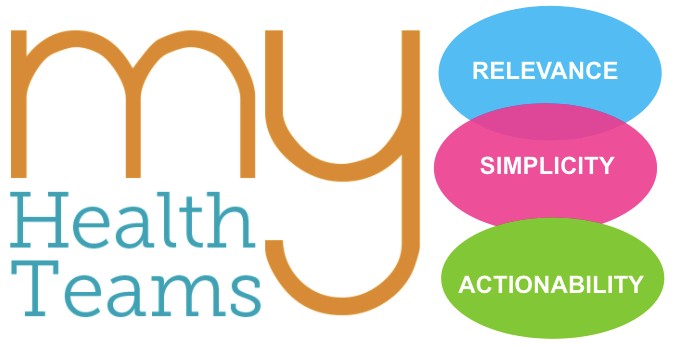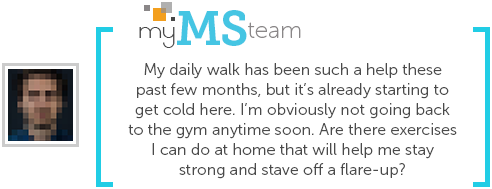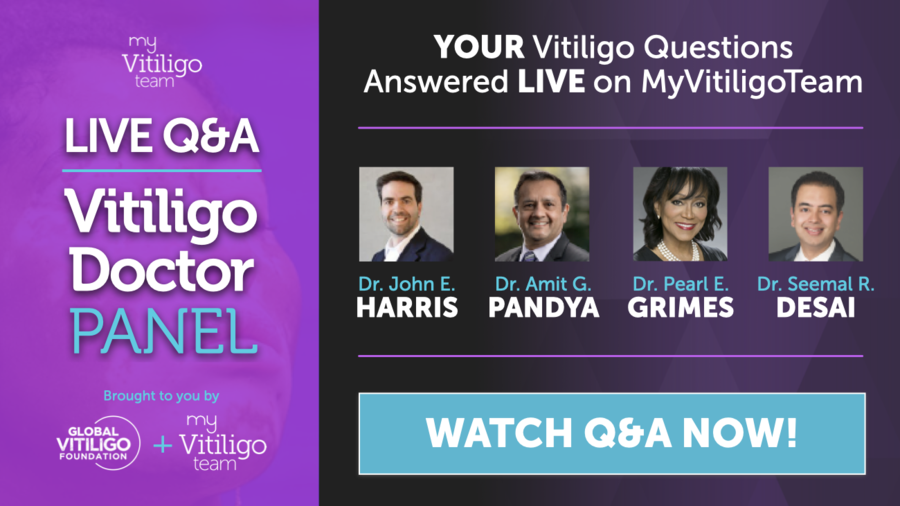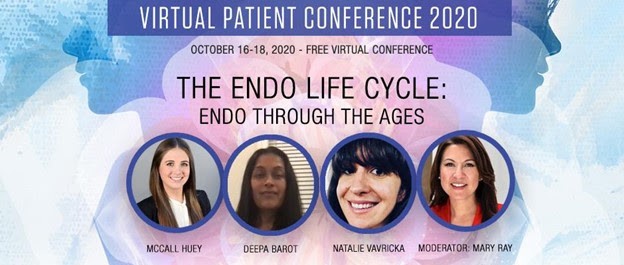 October 26, 2020
October 26, 2020
Medical Expertise That Hits Home: What’s working with virtual events for patients
Pent-up demand for trusted medical expertise is not surprising during Covid-19. What surprised me was how much this demand came through during our recent virtual events. For example, 755 MS patients submitted 340 questions in advance of the Live Q&A with Dr. Aaron Boster I moderated on MyMSTeam.
Our top priority during the pandemic is to keep our members’ sense of control over managing their health. But in a world where most of us are Zoom’d out by the end of each day, what’s the key to getting people to tune in to this type of event? Three things: Relevant, Simplified, Actionable content.
1) Relevant: Listening to our members has been a guiding principle since we started MyHealthTeams in 2012. Patients are so willing to share their experiences and perspectives if they feel confident you’ll use that information to their benefit – whether that’s designing clinical trial endpoints, creating a patient education resource center, or hosting a virtual event. People submitted hundreds of questions in advance of our MS event because we asked – and because they’re hungry for answers. We also analyzed the organic patient-to-patient conversations happening within the community to identify key themes. This helped Dr. Boster hone his focus. Generic medical information is easily available online today. The key to relevancy is providing information tuned to the real-world patient experience – the below-the-surface symptoms, the unexpected impacts and side effects, the lifehacks that help people create their new normal faster after being diagnosed with a chronic condition.
2) Simplified: We consistently hear from members across MyHealthTeams’ 37 social networks that they often feel overwhelmed in their conversations with doctors and leave appointments with more questions than answers. As we’re creating virtual events like the Vitiligo Doctor Panel discussion we recently hosted in partnership with the Global Vitiligo Foundation, we purposely team with doctors who are great at explaining things clearly. They’re not dumbing down anything. They are simplifying complex concepts to better communicate what patients need to know and do – and why. In this case, covering topics ranging from comorbidities, genetic and autoimmune aspects of the disease, pregnancy considerations, diet and nutrition tips, and insights into upcoming treatments.
3) Actionable: This, of course, is ultimately the goal: Empower patients to act. Chronic condition care happens day in, day out. A virtual event is a moment in time. So success requires extending the value by helping participants create their followup to-do list. In addition to the events we’ve hosted, I recently moderated a panel for the Endometriosis Foundation of America’s Virtual Patient Conference. I walked away so inspired by the conversation, which featured firsthand experiences from women facing endometriosis in different lifestages. They shared practical tips – on everything from alleviating gastro-intestinal distress to weighing surgical options to dealing with pain during sex. Attendees walked away ready to have fresh conversations with their doctors and try new approaches in their ongoing quest to manage the wide-ranging impacts of the disease.
Finally, it’s important to ensure information shared in events like our virtual Q&As with doctors is easily accessible. So we provide on-demand access to the content. But we’re energized by the “live” nature of these events and, therefore, are scheduling follow-ups to address the many questions we weren’t able to get to previously. Next up: continuing the conversation with Dr. Boster on MyMSTeam, November 12th and December 10th.
What are you seeing work well in the virtual events you’re attending or hosting? I’d love to hear about it. Comment here or find me at mary@myhealthteams.com.






